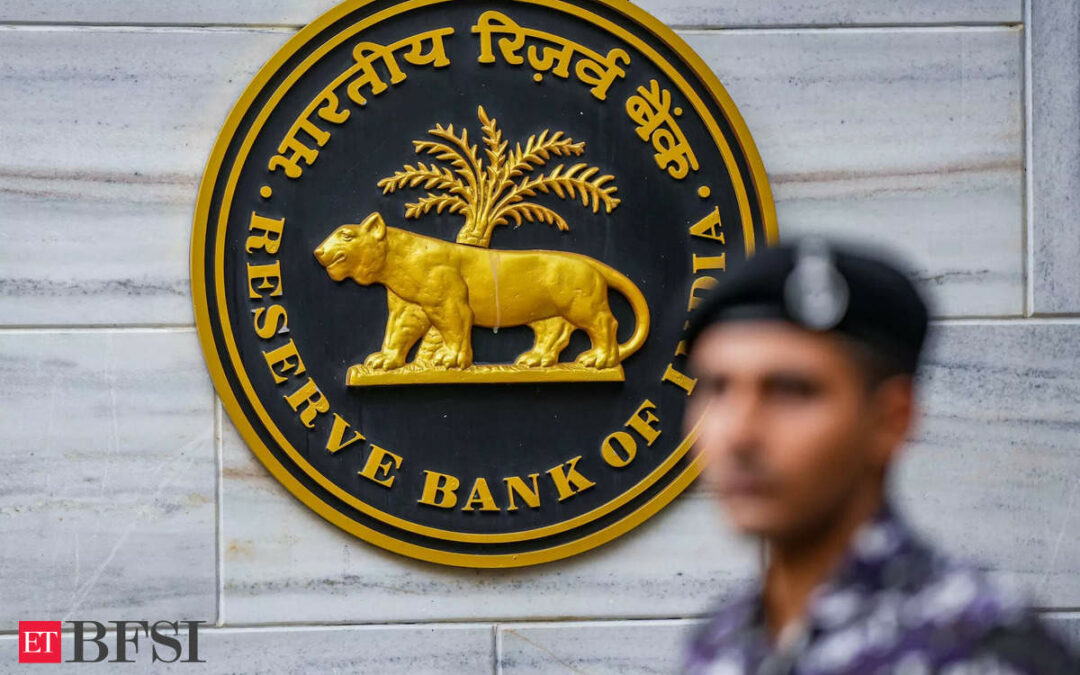The Reserve Bank of India’s recent decision that require banks and non-bank financial institutions to allocate more capital against unsecured consumer credit will constrain loan growth in the segment, according to a report. This should also reduce the potential for the rising appetite for such lending to weaken financial system stability, a report by Fitch Ratings said on Thursday.
“We generally view the tightening as a credit-positive effort by authorities to control emergent systemic risks posed by consumer credit, which has increased rapidly in recent years off a relatively low base,” it said.
Growth in banks’ unsecured credit card loans and personal loans in the first half of the current financial year stood at 29.9 per cent and 25.5 per cent year-on-year, respectively. This is against total system loan growth of 20 per cent, the report said.
Increasing exposure to unsecured consumer credit — typically a riskier loan category — indicates greater risk appetite, as banks and Non Bank Financial Institutions (NBFIs) seek to protect net interest margins amid stiff competition for secured retail loans, it said.
“We estimate that the effect of higher risk weights on banks’ loans to NBFIs may be significant, averaging about 34 basis points while that of higher credit-card risk weights should be lower, at around 5 basis points,” it said.
State banks tend to have lower exposure to credit cards but more appetite for lending to NBFIs, a pattern that is broadly reversed for private banks, it said.
Overall, the report said that the banking system’s Common Equity Tier 1 ratio is estimated to fall by 60-70 basis points from the impact of the changes.










